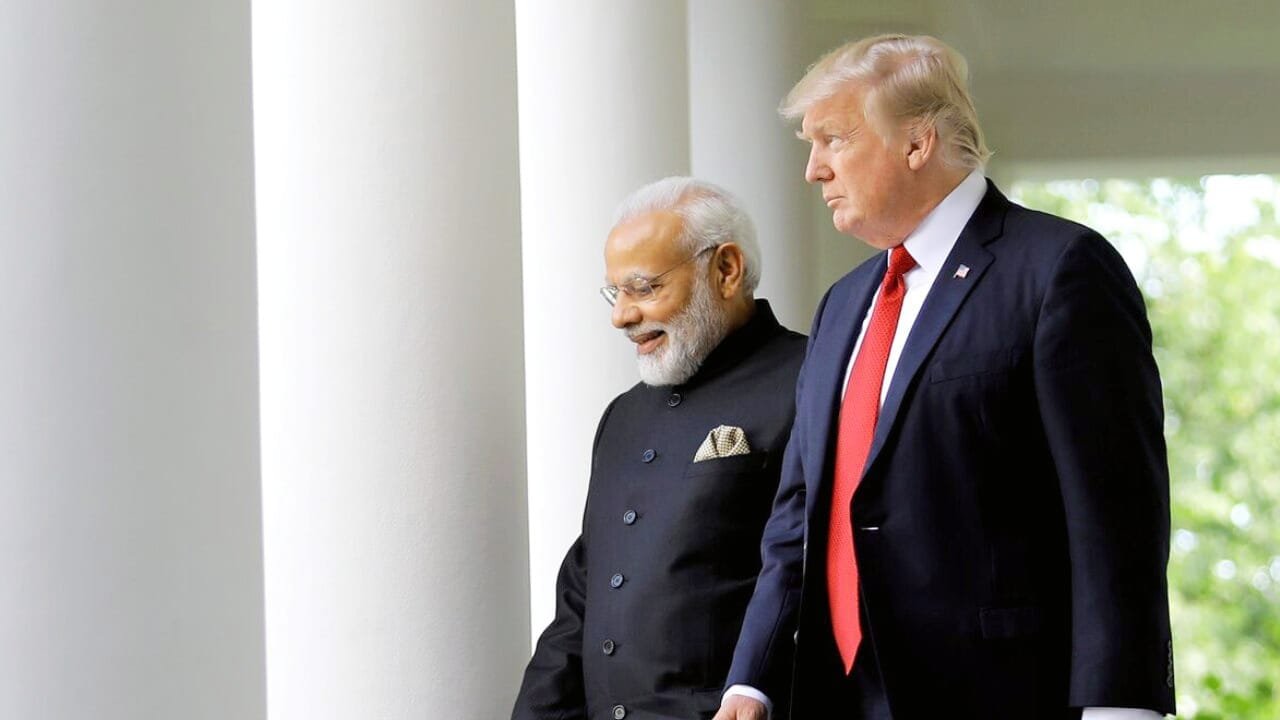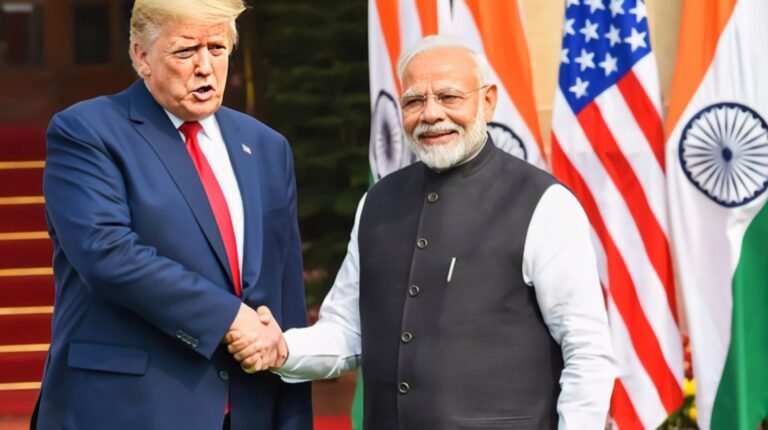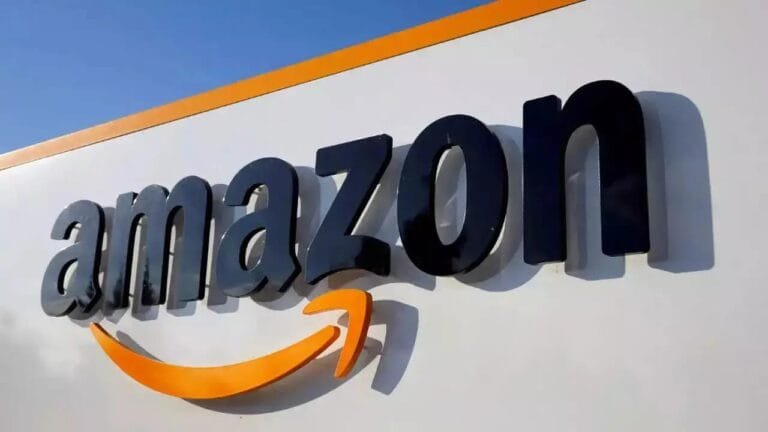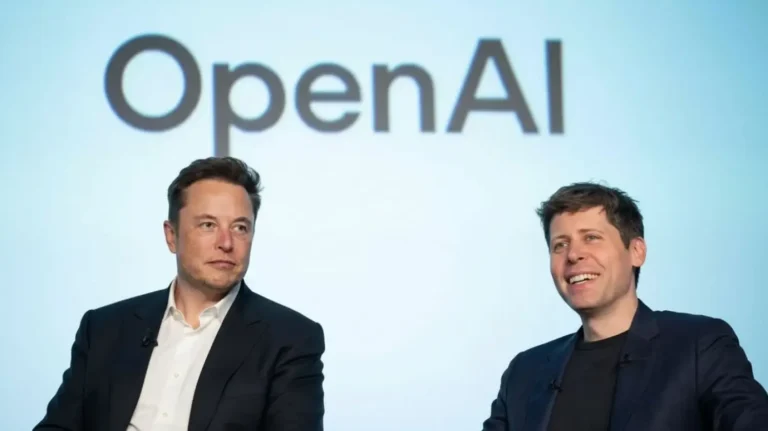
Former US President Donald Trump claimed a conversation with PM Modi on Russian oil.
Introduction: Trump Modi oil claim
A recent controversial statement has sparked diplomatic and political turmoil between India and the United States (US). Former US President Donald Trump claimed that he had a phone conversation with Prime Minister Narendra Modi, in which Modi assured him that India would no longer buy oil from Russia. However, India’s Ministry of External Affairs (MEA) rejected this claim, stating that it was unaware of any such conversation. This response has further deepened the controversy. To understand this entire development, we must examine the background, interests, strategies, and reactions.
Background — Energy, War, and India’s Role on the Global Stage
In this context, Russia’s offer to sell oil at a “discounted price” was economically attractive to countries like India. This is a strategy already used by many global buyers (such as China and India). India-US Trade Tensions The US has made India’s oil imports from Russia an issue. The US side argues that India is providing financial support to Russia by purchasing oil from Russia, which could help it continue the war. The US threatened to impose heavy tariffs on India in 2025, especially on the grounds that India is still importing oil from Russia. This became a source of tension in trade and diplomacy.
Details of the incident
And he (Modi) assured me today that they will not be buying oil from Russia. That’s a big step.” Trump also said that this change would not be immediate, but would be a process. Indian government’s response. In response, India’s Ministry of External Affairs clarified that it was not aware of any such conversation. They said, “I am not aware of any conversation yesterday between the two leaders.” MEA spokesperson Randhir Jaiswal stated that India’s energy policies are based “solely on consumer interests and market-based factors.” The media also reported, “No telephone conversation between Modi & Trump yesterday: MEA counters US President’s claim.”
Analytical overview of this dispute
This could impact consumers. Diplomatic autonomy: India wants to convey the message that its foreign policies are not solely influenced by external pressure. If the US says “you have to,” India does not want to appear completely acquiescent to US pressure. Immediately accepting such a claim could raise questions about India’s foreign policy autonomy. Global political balance: India seeks balance between Russia, the US, European countries, and Middle Powers. The pressure of sanctions on Russia, global alignment with the Ukraine war, and security strategy—all these compel India to avoid appearing too unilateral in the face of sanctions or pressure. Possible reactions and consequences: US response: Assuming Trump’s claim is true, the US It may believe that India is yielding to its pressure,
and this issue could become a heated topic in the social debate—how India should maintain its policy amid pressure. Reaction from external countries. Russia may be concerned by such reports and will try to ensure that India’s relations with it remain intact. European countries or NATO allies may pressure India to claim that India “supports Russia”—a claim India will try to deny. Other developing countries or self-reliant economies will observe how India responds to pressure—it could serve as an example.
Detailed Discussion: Key Points of Trump Modi oil claim
Below, we will examine some specific aspects in more detail to fully understand the complexity of this issue. Media, Rhetoric, and Claims Diplomatic statements often consider intonation, word choice, and context. The meaning of one sentence can change from context to context. Trump’s statement—”he assured me today”—is unclear to which medium he was referring. How formally are they giving assurances? The MEA’s statement of “not aware of any conversation” does not mean that talks are impossible, but rather that the government side has not received any information. Timeframe and Process Trump stated that this change “will not be immediate, but a process”—meaning it could be a long-term step. Implementing such strategic shifts requires considering energy deals, contracts, logistics, and international sanctions.
Balancing India’s Interests India must weigh how distancing itself from Russia will impact its relations with other partners (such as Central Asia, CIS countries, and energy supplier countries). If India suddenly distances itself from Russia, it could trigger a reaction from Russia or pro-Russian countries. India will want to demonstrate that it is not influenced by any diplomatic pressure—it will shape its policy based on market, consumer interests, and national strategy. Trust and Diplomatic Confidence If the US finds Trump’s claim was false, a trust crisis could arise between India and the US. In such a scenario, future negotiations, agreements, and Cooperation may be affected.
Conclusion and Possible Way Forward Trump Modi oil claim
This dispute is more than just a statement—it impacts India’s foreign policy, energy strategy, trade, and national security. Politics is a topic that challenges relations and diplomatic autonomy. The following points emerge from this incident: Proposed Solutions/Balance India must continue dialogue with those countries (US, Russia, Europe), but must prioritize its energy security and national interests. Verification and Transparency India must publicly clarify if such talks actually took place. This will prevent rumors and controversies. Long-term Energy Policy The country must increase its energy diversity—not just from Russia and the US, but from other reliable sources.






